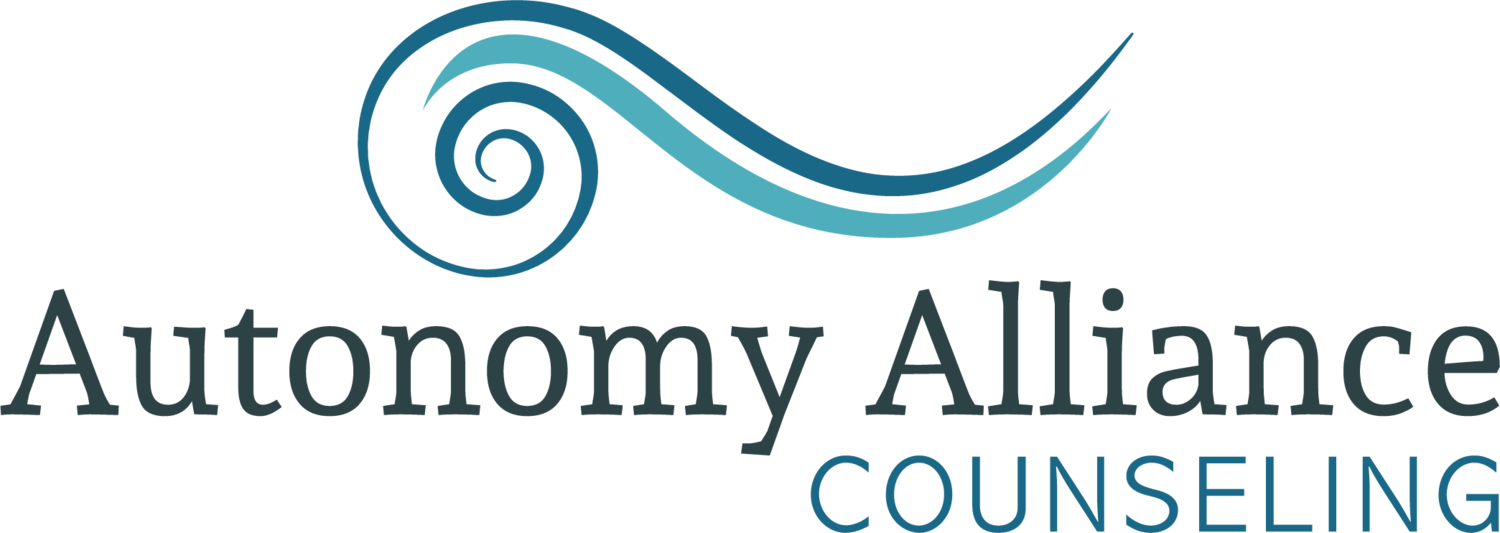
ONLINE AND IN-PERSON COUNSELING IN PEORIA AND THROUGHOUT ILLINOIS
Counseling for any issues related to any substances
Change your relationship with alcohol or other drugs.

Do you wish you could talk about alcohol or other drugs without being judged or pressured, with someone who will treat you like the grown-ass adult you are?
You might be considering some changes, but you want to make your own choices and find ways that will work for you.
Your substance use is complicated—you have good reasons and see some benefits. At the same time there are some downsides you’d like to decrease.
You’re surrounded by people and programs who push one-size-fits-all, abstinence-only approaches that are outdated and steeped in stigma. You know there’s a better way.
There is a better way.
You can make positive changes even if you don’t want to completely give up all substances.
You can make informed decisions taking into consideration things you know about yourself and what science says about change—to make the choices you want to make for the reasons you want to make them.
You can change your relationship with alcohol and other drugs. Ultimately, some people decide abstinence is going to work best for them right now, and some people come to moderate their use, or only use in certain situations, or change the way they use one substance but still embrace another...all resulting in feeling self-acceptance and empowered.
I can help you in the process of deciding what you want and in making the changes to make that happen.
How will harm reduction counseling help?
I know, and science supports, that shame, stigma, and self criticism keep people stuck.
People are best able to make the best choices for themselves when they feel accepted, when their own ideas are valued, when they are not pressured, when they have choices, and when their decisions are respected. That becomes the foundation for our work.
Whatever your goals are, we can then use empirically supported strategies to help you make the changes you want. (These include Motivational Interviewing, Cognitive Behavior Therapy, Exposure and Response Prevention, and Harm Reduction Psychotherapy.)
You gain the tools and skills to make the choices you want, based on what you love and what’s important to you.

Feel the freedom of making your own choices —not being controlled by alcohol or other drugs —not being told there’s only one way.
You will find your own way
To choose when and when not to use.
To choose what substances and how much, with whom, and where.
To use more safely or in ways that cause less harms in your life.
To work from a place of acceptance and taking care of yourself, instead of trying to force change through shame and consequences. (Spoiler alert—that does not work for lasting change.)
You can change your relationship with substances
and with yourself
in a way that is doable and sustainable.
Frequently Asked Questions
about harm reduction counseling:
-
It’s an approach that recognizes that substance use can come with risks of harm, and that people can choose to reduce the harmful impacts in hundreds of ways that may or may not include discontinuing use altogether. It is also a broader philosophy and social justice movement for empowering people who use drugs and fighting systems of stigma and oppression that cause harm in individuals and society.
-
I don’t buy into the concept of “enabling.” Enabling implies counselors, families, systems, or people in general, have a power to change someone else’s behavior, that they do not. Luckily, there is more and more research confirming that when people feel accepted and supported *as they are,* then they are more likely to make positive and lasting changes in their lives. Whether those changes include changes in drug use is not for anyone else to decide besides the person themselves. I do not condone or condemn drug use, but consider it a personal choice that is best made and supported with dignity and respect.
-
There’s no denying that 12 Step programs (Alcoholics Anonymous, Narcotics Anonymous, etc.) have helped countless people. If that approach feels right to you, there are an abundance of options for treatment, counseling, and mutual aid support groups, and I can provide referrals to those. My work, harm reduction counseling, offers alternatives (again, supported by science) that challenge the ideas that people need to hit rock bottom or need a higher power in order to change. Harm reduction meets you where you’re at and teaches you the skills you can use combined with strengths you already have to make the changes you want.

